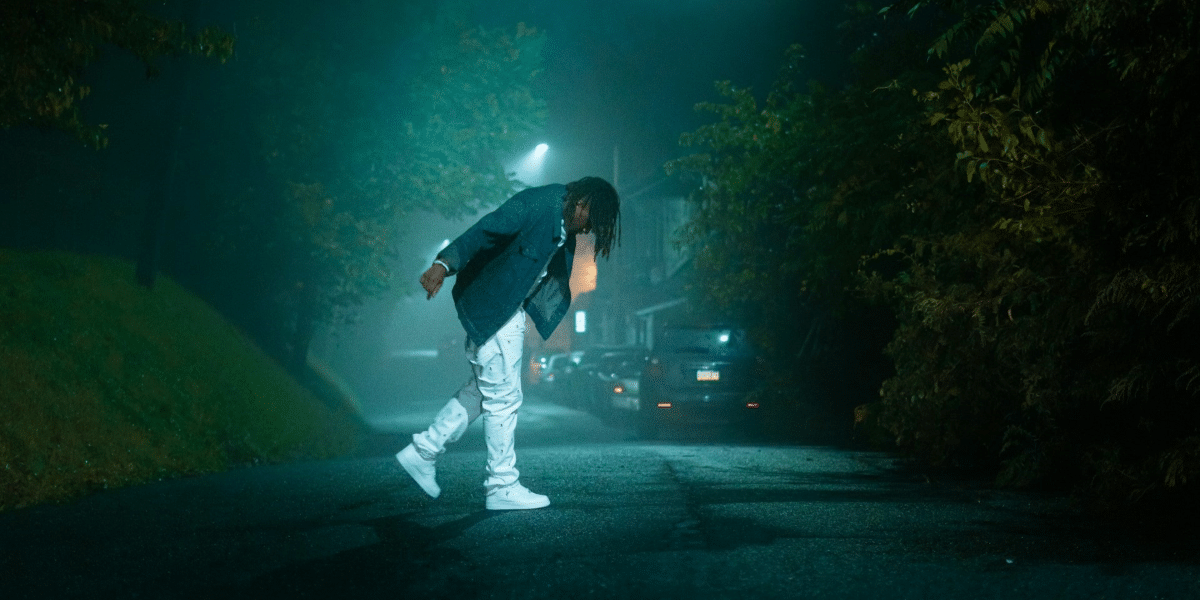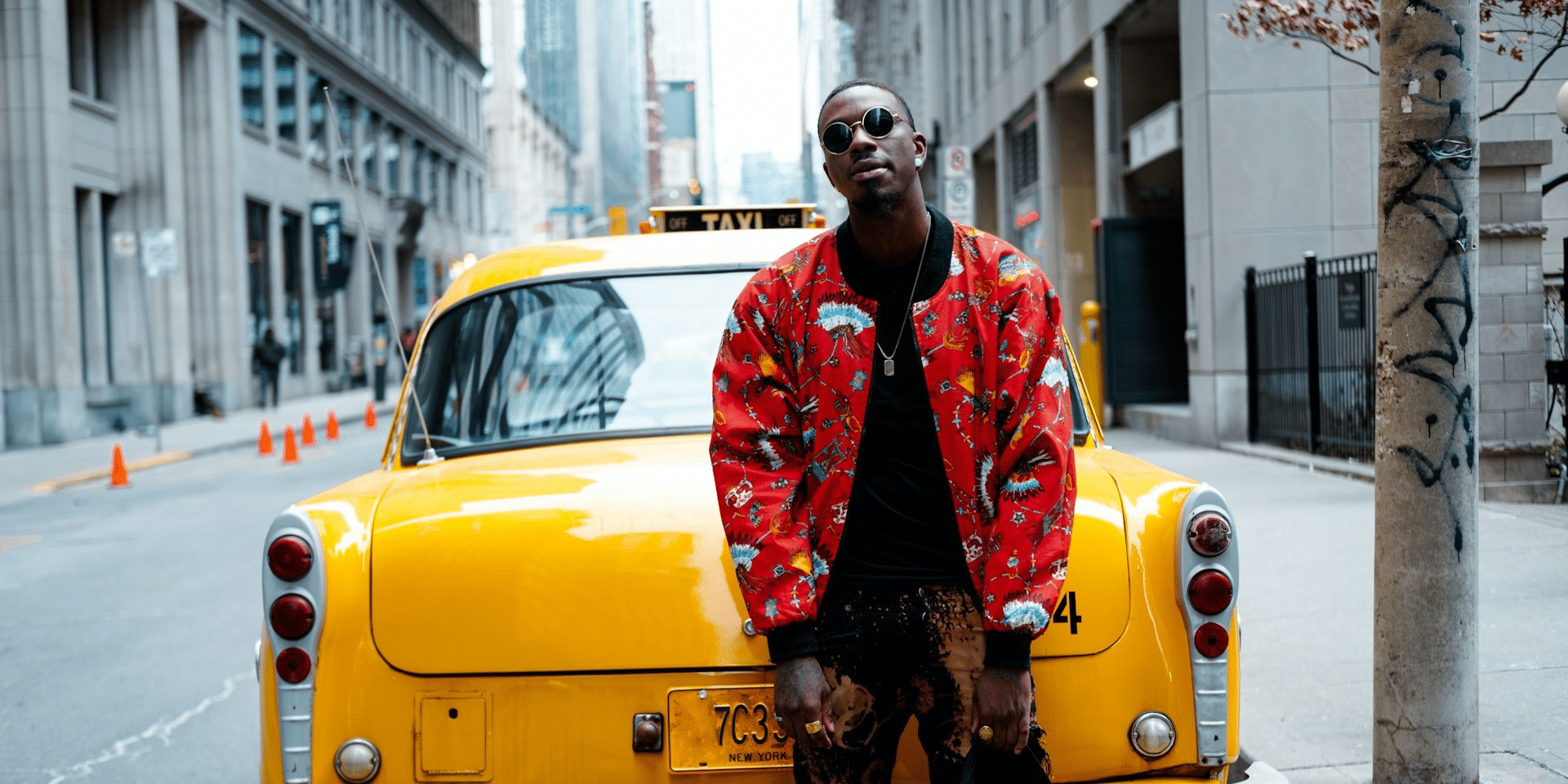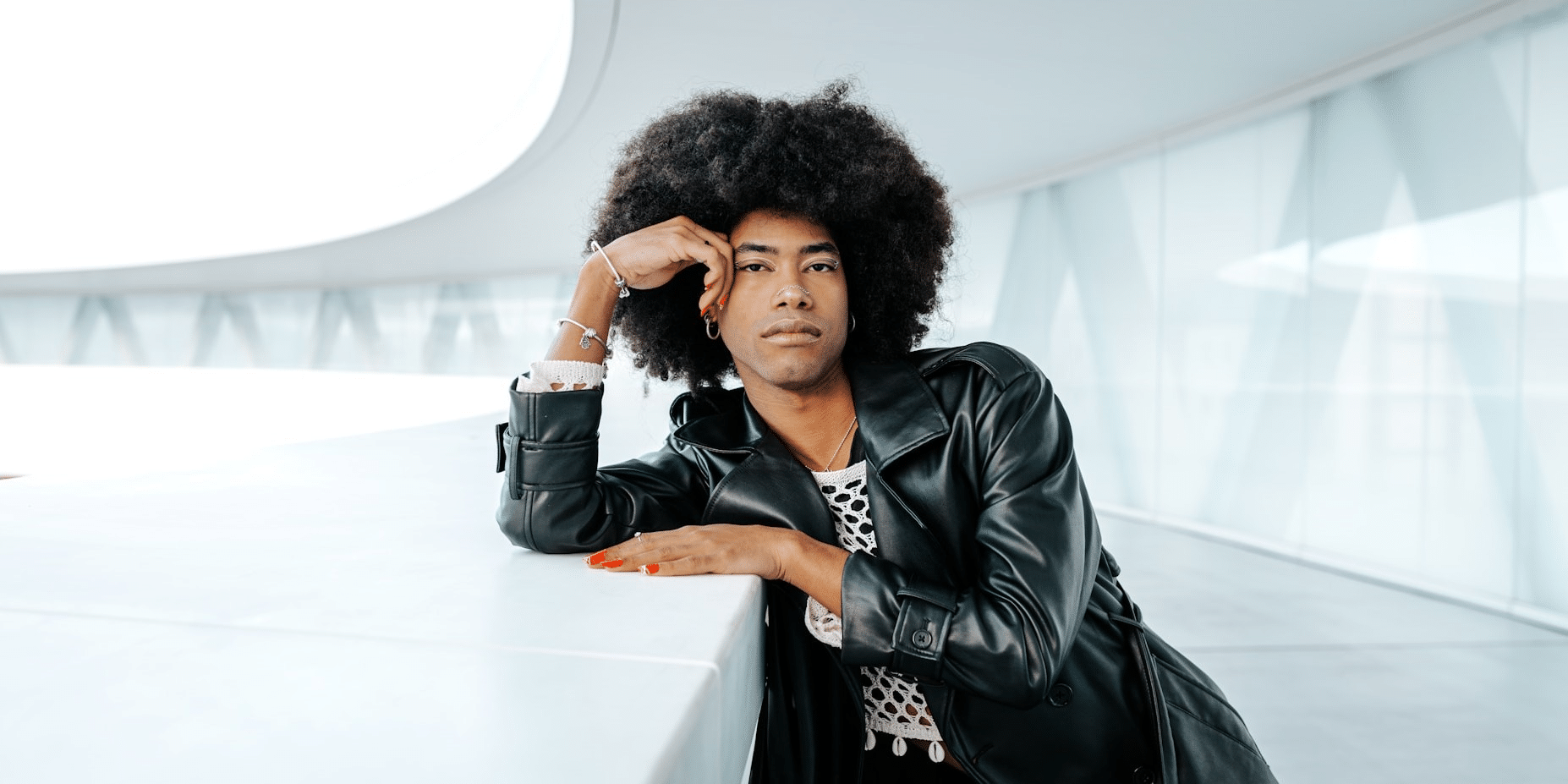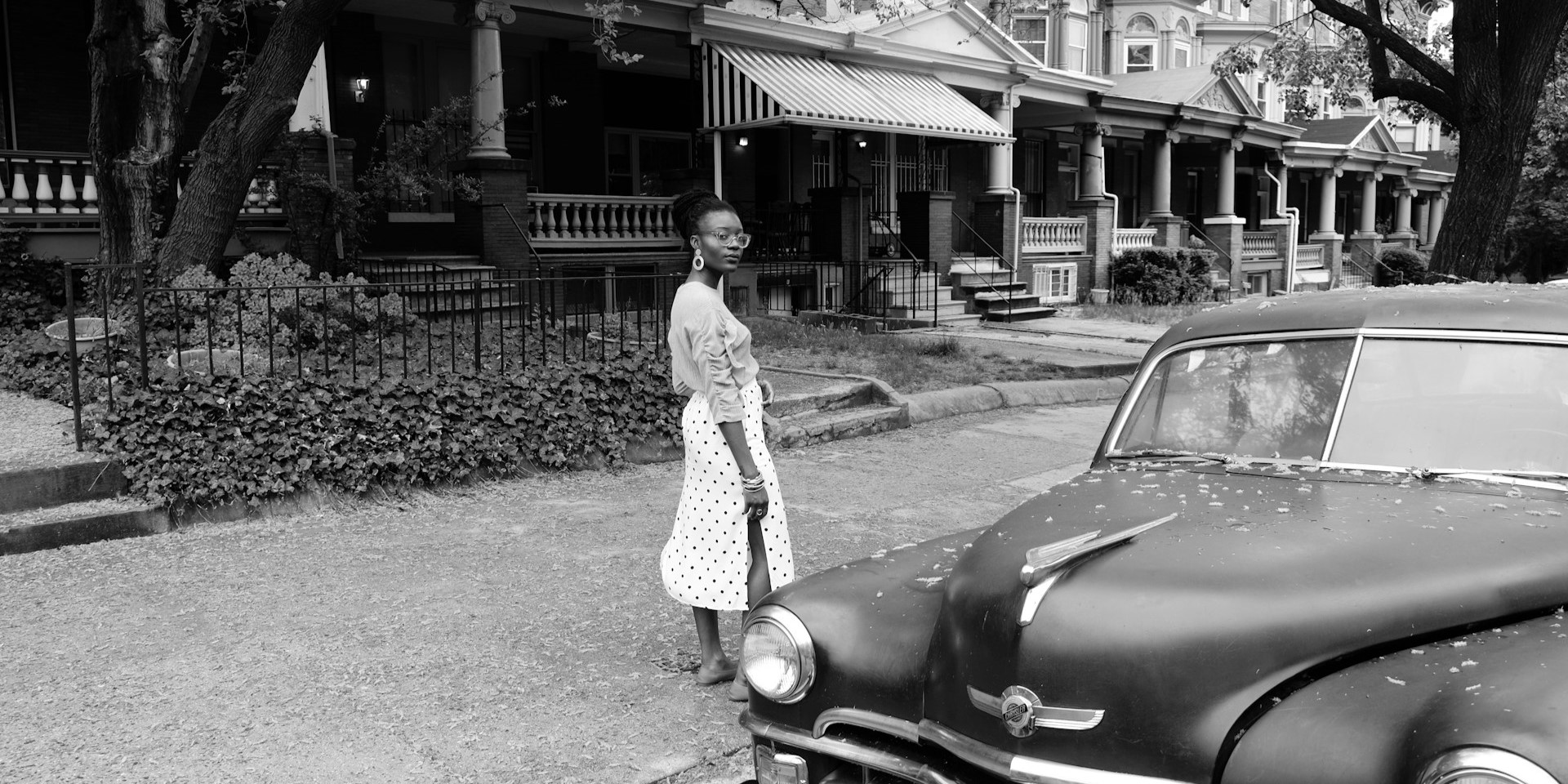Romantic films have long captured the hearts of audiences worldwide, offering glimpses into the intricacies of love, relationships, and the human experience. While the genre has been dominated by a wide range of filmmakers, there is a unique and often overlooked subset of romance films that showcase the beauty, complexity, and richness of Black love. Black romance films are more than just a genre; they are a reflection of culture, history, and identity. Unfortunately, these films have often been sidelined or underappreciated, despite offering fresh perspectives on love stories that are universal yet distinctly Black. In this article, we will explore the underrated art of Black romance films, shedding light on their significance, their portrayal of love, and the challenges they face in the broader film industry.
The Cultural and Historical Context of Black Romance Films
Black romance films have evolved in tandem with the social and cultural shifts within Black communities. Historically, Black individuals were often marginalized in mainstream cinema, with portrayals of Black love and relationships largely absent or reduced to stereotypical depictions. The rise of Black romance films in the 1990s and 2000s marked a pivotal moment in film history, allowing Black filmmakers to portray love stories that were both authentic and representative of the Black experience.
The cultural context in which these films were made is crucial. The stories reflect the reality of Black lives, exploring themes such as identity, resilience, family, and community, while also addressing the unique struggles that come with being Black in America. These films do not shy away from confronting societal issues, but they also celebrate the beauty of love within the Black community—highlighting joy, passion, and connection in ways that mainstream romance films often overlook.
The Early Pioneers of Black Romance Films
The late 20th century saw the rise of several iconic Black romance films that would leave a lasting impact on the genre. One of the most notable early examples is Love Jones (1997), a film that captured the essence of Black romance with a poetry-infused story about two artists, Nina and Darius, navigating their feelings for each other. Directed by Theodore Witcher, Love Jones became a cult classic, not only for its portrayal of Black love but also for its sophisticated dialogue, chemistry between the leads, and its exploration of the emotional depth of relationships.
Another important early film in the genre is The Best Man (1999), directed by Malcolm D. Lee. This film offered a window into the lives of a group of friends, highlighting the complexities of relationships, infidelity, and the challenges that come with navigating love and friendship. It was a significant moment for Black romance films because it featured a talented ensemble cast of Black actors who portrayed nuanced, relatable characters—an important step toward breaking away from the often one-dimensional portrayals of Black people in Hollywood.
The Themes and Storytelling in Black Romance Films
One of the standout features of Black romance films is their ability to explore themes of love, family, and identity in ways that feel both specific and universal. The characters in these films often face challenges that are distinct to the Black experience, such as navigating relationships within communities marked by systemic inequality, racism, and economic hardship. Yet, these films transcend these challenges, showcasing love as a force that connects people, builds resilience, and fosters hope.
Navigating Love Amidst Adversity
Many Black romance films explore how love can bloom in the face of adversity. These films often highlight the strength of relationships in the context of external pressures, such as racism, economic instability, and the complexities of interracial dynamics. For example, Eve’s Bayou (1997), a film directed by Kasi Lemmons, is not just a story about a coming-of-age journey, but also a reflection on family secrets, the impact of generational trauma, and the powerful relationships between women, particularly Black women. Though the focus is not solely on romance, it deftly portrays how love—both romantic and familial—can be a vehicle for healing.
Similarly, Beyond the Lights (2014), directed by Gina Prince-Bythewood, is a film that explores the pressures of fame and mental health while featuring a powerful romance between a pop star and a police officer. The film delves into the complexities of finding true love when the world is constantly watching, and how love can serve as both a grounding force and an escape from external turmoil.
Depicting Real, Uncomplicated Black Love
Another critical element of Black romance films is their portrayal of Black love as multifaceted, authentic, and uncomplicated. Unlike the stereotypical images often seen in mainstream cinema, Black romance films emphasize the humanity and complexity of relationships. Films like Brown Sugar (2002), directed by Rick Famuyiwa, depict relationships that are not defined by race or external obstacles, but rather by the simple but powerful connection between two people. The story of two childhood friends who fall in love with one another while navigating their professional lives is universal in its depiction of love, yet it resonates deeply with Black audiences because it is rooted in their lived experiences.
In these films, love is not a plot device to serve larger, more dramatic storylines. Instead, it is a central part of the character’s journey, a source of growth and transformation. The romantic relationships in these films are often grounded in the reality of Black life—celebrating love that is joyful, nurturing, and uplifting.
The Challenges Facing Black Romance Films
Despite their cultural significance and the richness of their storytelling, Black romance films continue to face challenges in the film industry. One of the most significant obstacles is the limited access to funding and mainstream distribution. While Black romance films are beloved by their audiences, they often struggle to gain the same level of visibility and financial support as other romance films. This disparity limits the reach of these films and often relegates them to niche markets, even though their stories have universal appeal.
Moreover, there is a tendency in Hollywood to categorize Black films into specific genres, often relegating Black romance films to sub-genres such as “urban” or “indie.” This categorization further limits the films’ exposure and impacts how they are marketed and received by mainstream audiences. As a result, films that explore complex Black love stories may not receive the same recognition or opportunities for success as their white counterparts.
Representation and Stereotypes
Representation remains a significant issue in Black romance films. While these films provide much-needed diversity, there is still a lack of fully developed characters who deviate from common stereotypes. Many Black romance films focus on characters in similar socioeconomic situations or deal with the same tropes related to crime, struggle, or urban life. While these films are important, there is still a need for more varied portrayals of Black love. Black characters, like any others, deserve to be seen as complex individuals with diverse experiences, and Black romance films should reflect that diversity in their characters and storylines.
Why Black Romance Films Matter
Black romance films matter because they challenge the stereotypes of both Black people and romance itself. They present Black love as something worth celebrating—nuanced, strong, and enduring. These films provide a space for Black audiences to see themselves in the stories, while also offering new perspectives on what love looks like for everyone.
As Black filmmakers continue to push boundaries and redefine the genre, it is crucial that we recognize and support their contributions. The underrated art of Black romance films not only enriches the cinematic landscape, but it also helps us better understand the full spectrum of human emotions and experiences. By supporting and appreciating Black romance films, we celebrate the beauty and power of love, no matter who we are or where we come from.
The legacy of Black romance films is one of resilience, joy, and love against the odds. From Love Jones to The Best Man and beyond, these films have captured the essence of Black love stories in ways that mainstream cinema often fails to do. They serve as a reminder that love, in all its forms, is worth telling and that Black love is not only worthy of celebration, but of recognition on the big screen. As we continue to see more diverse voices in filmmaking, it is essential that we give Black romance films the attention and respect they deserve.







